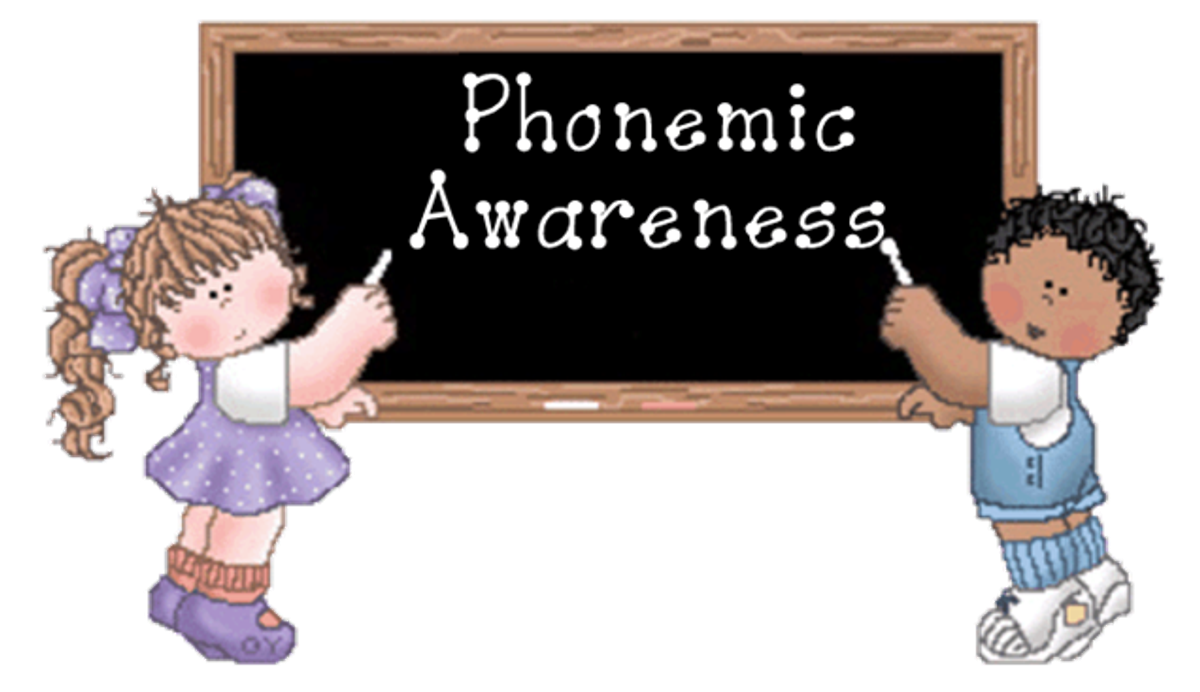Junior Literacy
with Miss McDonald

Junior Literacy
with Miss McDonald


What is Phonemic Awareness and why is it so important?
Phonemic awareness is the ability to hear, blend and manipulate individual sounds in words. Children must first understand that words are made up of separate speech sounds that can be blended together to make words before they can make sense of using the alphabet to read and write.
For example, if I ask you how many sounds you can hear in the word ‘cat’, with good phonemic awareness you would hear that it is made up of 3 speech sounds c/a/t. This skill is called segmenting. If I were then to say the sounds d/o/g, and ask what word you hear, with good phonemic awareness you would be able to blend those sounds together and tell me the word is dog. This is a skill called blending.
Other skills include being able to identify the first, middle and last sounds in words and to delete, add and substitute sounds in words. All of this can be done without the knowledge of letters because phonemic awareness is an auditory skill that does not involve reading words.
Research has identified phonemic awareness and letter knowledge as the best two predictors of how well a child will learn to read during the first two years of school (National Reading Panel 2000). Children who develop strong phonemic awareness skills at an early age are more likely to become fluent readers and better spellers than children who are not.


Things you can do to help your child become more phonemically aware are:
Rhyming – Play rhyming games with your child and recite nursery rhymes together
Blending – Say three sounds to your child such as, /b/ /u/ /g/ and your child will say the word “bug”
Segmenting – Say a word such as “flag” and your child will say each phoneme.
/f/ /l/ /a/ /g/
Syllable counting – Clap and count the syllables in words such as but-ter-fly. (Three claps)
Change a sound – Say a word such as “hat”. Then ask your child what word do you get when you change /h/ to /c/ and your child will say “cat”
Sound deletion – Say “snap”, What word is left if I take away the /s/. Your child will say “nap”
Adding a sound – Say “car”. What word does car become if I add /d/ at the end? Your child will say “card”


Miss McDonald,
Junior Sub School Leader